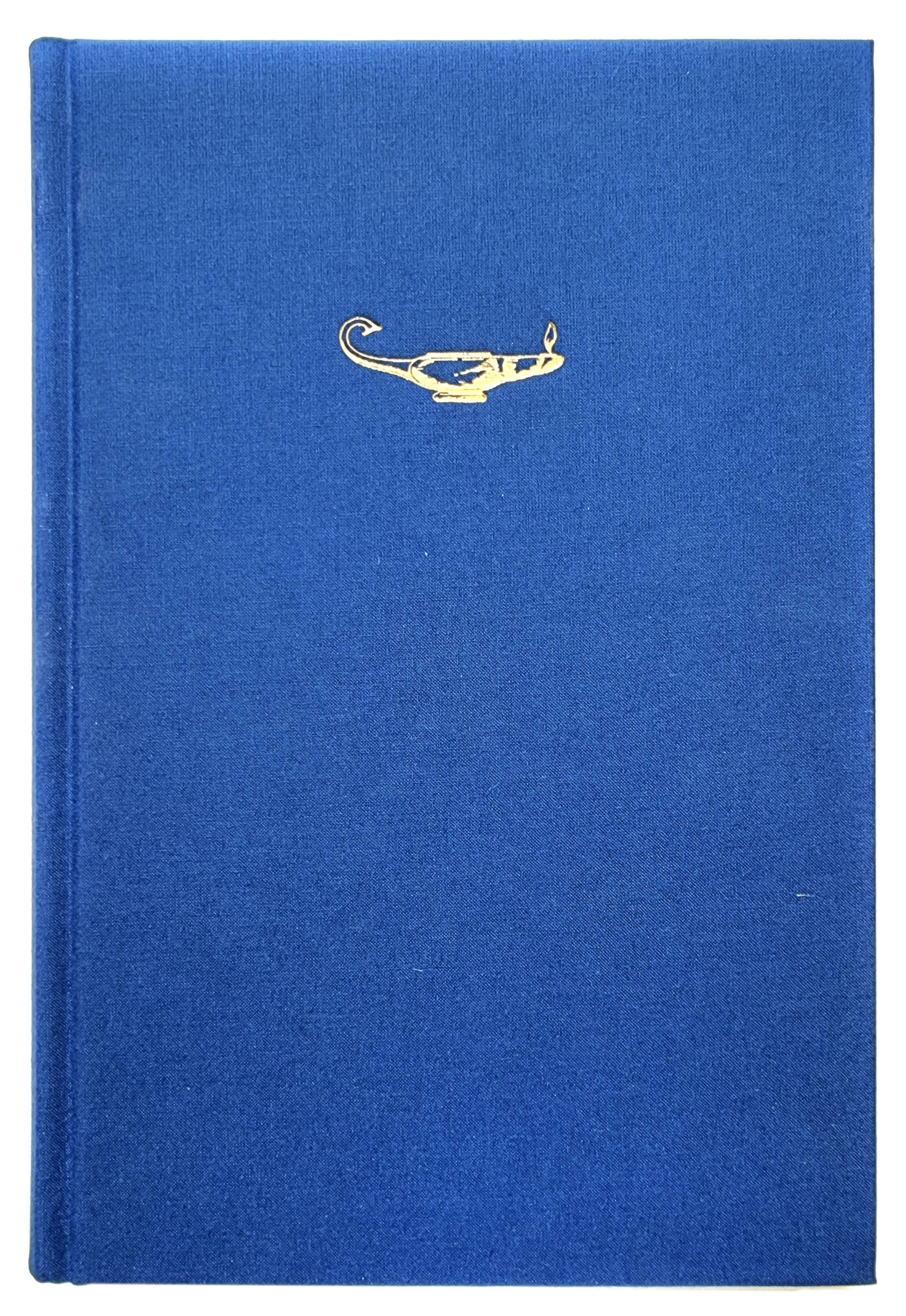A baroque historian’s confession
Reflections on the baroque economy
Keywords:
baroque, history of concepts, economic history, Anders Gyldenklou, seventeenth-century Swedish state, early modern diplomacyAbstract
The understanding of early modern terminology is often complicated due to problems of translation as well as changes in the usage of words over the past centuries. Another issue is that the use of these terms in historical analysis inevitably refers to the historian’s contemporary understanding of his or her own time, where these terms still exist. The article exemplifies this problem with the help of a reflection upon two cases where questions concerning the analysis of economic terms in seventeenth-century Sweden surfaced and modern terminology was not adequate: the first case concerns early modern Swedish diplomacy, and the second concerns Anders Gyldenklou’s treatise on official charges from 1654. Contrary to standard use in historical research, I propose that the problems emerged are neither examples of historical inaccuracies nor indicative of a period of transition. Ambiguities and contradictions in the sources are not markers for inexactness or failure, instead they emphasize our difficulties with handling constantly changing words. As a consequence, the historian needs to rethink his or her supposed modernity, and search for new and more applicable terms, such as in this case, baroque economy.
Downloads
Published
Issue
Section
License
This work is licensed under a Creative Commons Attribution 4.0 International License. The copyright for the work published in Lychnos remains with the authors.


